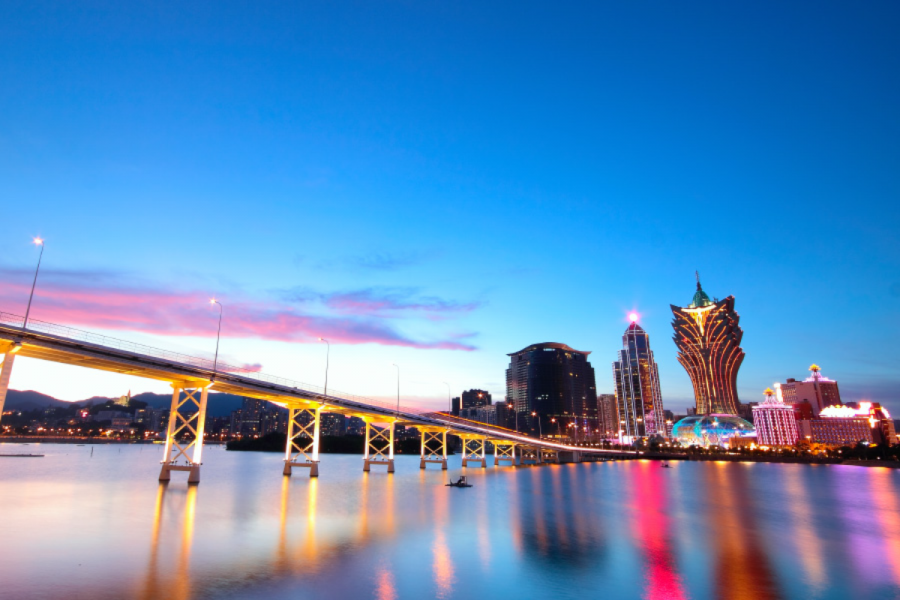Macau satellite casinos “fraught with opacity and undesirable business practices” says academic

Professor Ryan Ho Hong Wai, a lecturer at the Centre for Gaming and Tourism Studies of the Macao Polytechnic University has analysed the future of Macau’s satellite casinos.
Macau.- A report by Professor Ryan Ho Hong Wai, a lecturer at the Centre for Gaming and Tourism Studies at the Macao Polytechnic University claims Macau’s satellite casinos are “fraught with opacity and undesirable business practices”.
He says the end of the current sub-concession system under Macau’s proposed new gaming law would provide more “transparency, legal certainty, and full oversight of the city’s gaming industry.”
His paper also gaming policy, regulation, and the operations of satellite facilities in Macau, with research mainly conducted in the second half of 2018 and the end of 2021.
Ho Hong Wai said: “Effective regulation of the gaming industry cannot be achieved without resolving the legacy issue of satellite casinos. The new gaming law is likely to dissolve the deep-seated satellite casino system and mark a turning point for any third-party involvement in casino gaming.”
Under Macau’s proposed new gambling law, satellite casinos would be allowed to continue operating in the local market but would be given a three-year grace period to link the ownership of their sites to one of the city’s six franchises. However, Ho Hong Wai cautioned that authorities must still clarify relevant legal and technical issues, such as ownership issues, arising from the complexities of the proposed casino partnerships.
According to Macau Business, the paper states: “One obvious question to be considered is whether a casino property must be wholly owned by the concerned concessionaire, or whether there is a distinct possibility for other types of ownership for the premises on which a casino is operated, including regular subsidiary (more than 50 per cent), joint venture (50 per cent), associate company (20–50 per cent), or passive equity investment (less than 20 per cent.”
Another issue is the term “management company” in the Gaming Act. According to the draft law, these can operate casinos on behalf of franchisees, subject to state approval. Therefore, the management company is not just a gambling operator, but an authorised administrator who has the power to operate the casino on its own and even manage the franchise.
The paper points out: “With such casino management arrangements, the management company can legitimately claim the status of a gaming operator. This provision has never been invoked as this might demolish the city’s concession system for casino gaming.”
There are currently 18 satellite casinos in Macau operating under licences attached to one of the six casino concessionaires but run by third parties in individually owned premises. Some 14 of those satellite casinos are operating under the licence of SJM Holdings Ltd, and the other four are tied to Galaxy Entertainment Group (GEG) and Melco Resorts and Entertainment Ltd.
It’s been reported that seven satellite casinos plan to suspend operations by mid-year. The casinos are said to have taken the decision due to the negative impact of repeated Covid-19 outbreaks, tighter visa requirements in the city and lack of cash flow. Four of the seven satellite casinos that plan to close belong to Golden Dragon Group.









